General
When considering your planning there are several questions you will need to consider: Read more
Sort by:
Date (Newest first) | Title A-Z
Show:
All |
Articles |
Podcasts |
Multipage Articles
-

Here ends the lesson: shaping lesson conclusions
ArticleClick to view -

Hidden histories and heroism: post-14 course on multi-cultural Britain since 1945
ArticleClick to view -

History GCSE Specification Comparison Tool
ArticleClick to view -

History as a foreign language
ArticleClick to view -

Inclusive approaches to teaching Elizabeth I at GCSE
Multipage ArticleClick to view -

Move Me On 149: how to provide appropriate support for particular students
ArticleClick to view -

Move Me On 166: getting the right pitch for GCSE teaching
ArticleClick to view -

My essays could go on forever: using Key Stage 3 to improve performance at GCSE
ArticleClick to view -
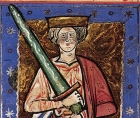
New Saxon, Viking and Medieval GCSE Content
ArticleClick to view -
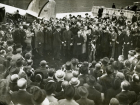
New approaches to teaching the History of Appeasement in the classroom
Multipage ArticleClick to view -
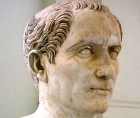
Out went Caesar and in came the Conqueror: A case study in professional thinking
ArticleClick to view -
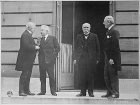
Planning and teaching linear GCSE
ArticleClick to view -
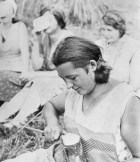
Shaping the debate: why historians matter more than ever at GCSE
ArticleClick to view -

Stretching the straight jacket of assessment: use of role play and practical demonstration to enrich pupils' experience of history at GCSE and beyond
ArticleClick to view -
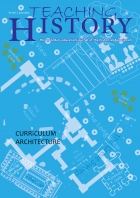
Teaching History 147: Curriculum Architecture
ArticleClick to view -

The teaching and learning of history for 15-16 year olds: have the Japanese anything to learn from the English experience
ArticleClick to view -

Triumphs Show 103: Using active learning to motivate GCSE groups
ArticleClick to view -

Triumphs Show 148.2: using pupil dialogue to encourage engagement with sources
ArticleClick to view -

Triumphs Show: Making their historical writing explode
ArticleClick to view -
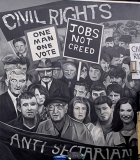
Why we would miss controlled assessments in history
ArticleClick to view

